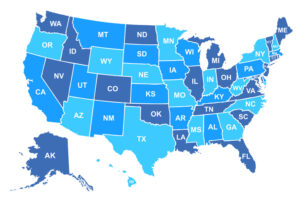Implementing the No Surprises Act: Updated Complaint Data

The No Surprises Act (NSA) has largely succeeded in protecting consumers from surprise medical bills by reducing out-of-network billing and establishing a dispute resolution process. However, while compliance has improved, challenges with the IDR process, legal actions, and incomplete data hinder a full assessment of its cost containment goals and effectiveness. CHIR experts Nadia Stovicek and Jack Hoadley discuss recent complaint data in their newest piece for CHIRblog.






